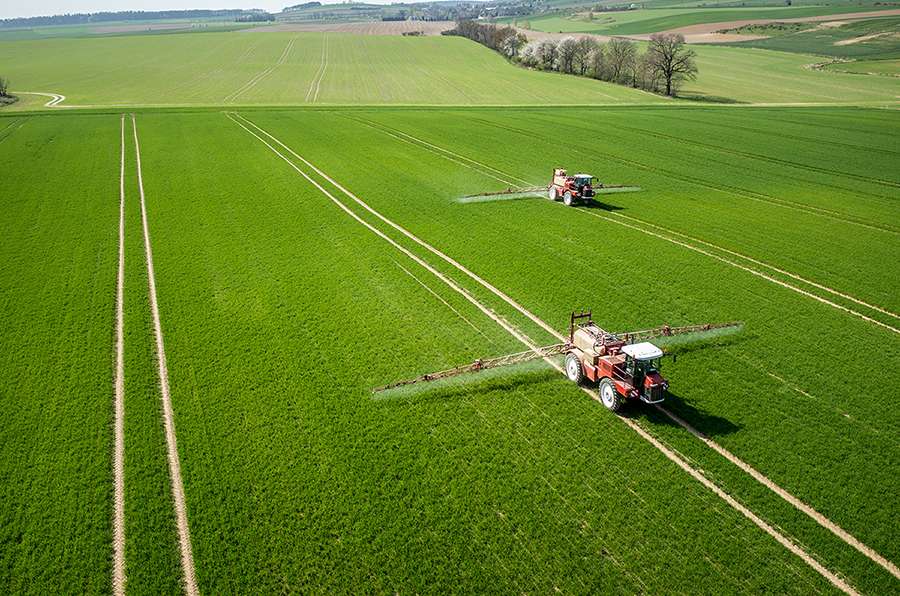Search Further
Kindly select atleast one option
Have Questions Related to CEAT Specialty Tyres?
FAQs
CEAT Specialty Sprayer Tyres offer enhanced traction, improved flotation, and reduced soil compaction, ensuring optimal performance in various field conditions.
CEAT Specialty Floater Tyres for sprayer are designed for maximum flotation, distributing the equipment's weight evenly to reduce soil compaction and preserve field health.
Yes, CEAT Specialty Sprayer Flotation Tyres are engineered to provide excellent performance on diverse terrains, ensuring versatility and efficiency in spraying operations.
CEAT Specialty Sprayer Tyres feature advanced tread designs that reduce ground disturbance, minimizing crop damage and ensuring precise spraying application.
CEAT Specialty Tractor Sprayer Tyres offer superior traction and load-carrying capacity, enhancing the efficiency and productivity of tractor-mounted sprayers.
Yes, CEAT Specialty Sprayer Tyres are designed to be compatible with various models, offering an effective upgrade for older equipment.
Yes, the advanced design of CEAT Specialty Sprayer Flotation tyres helps reduce rolling resistance, contributing to fuel efficiency and cost savings.
CEAT Specialty provides recommended sprayer tyre pressure guidelines to ensure optimal performance, longevity, and safety.
CEAT Specialty Sprayer Flotation Tyres are built for durability, and their lifespan depends on usage, but routine maintenance can extend their life in typical UK agricultural settings.
CEAT Specialty Sprayer Tyres are designed to minimize soil disturbance, preserving the structure of UK farmlands and promoting sustainable agricultural practices.
Yes, CEAT Specialty Sprayer Tyres are engineered to handle the weight of liquid loads, ensuring stability and efficient spraying in UK agricultural settings.
CEAT Specialty Sprayer Tyres come in various widths, and the right tyre width is crucial for ensuring proper flotation, traction, and minimizing soil compaction in UK sprayer applications.
Yes, wider Sprayer Tyres can contribute to better stability and control, especially in uneven terrains, providing a more efficient and controlled spraying experience.
CEAT Specialty conducts extensive research to understand the unique needs of UK agriculture, and its Sprayer Tyres are tailored to meet the specific requirements of local farmers, ensuring optimal performance and efficiency.
To choose the best sprayer tyres for your needs, consider factors such as tyre size, tread pattern, load-carrying capacity, and terrain. Assess the specific requirements of your spraying equipment and field conditions. Consult with CEAT Specialty experts or use our online resources for guidance on selecting the ideal sprayer tyres for optimal performance and efficiency in your UK farming operations.




